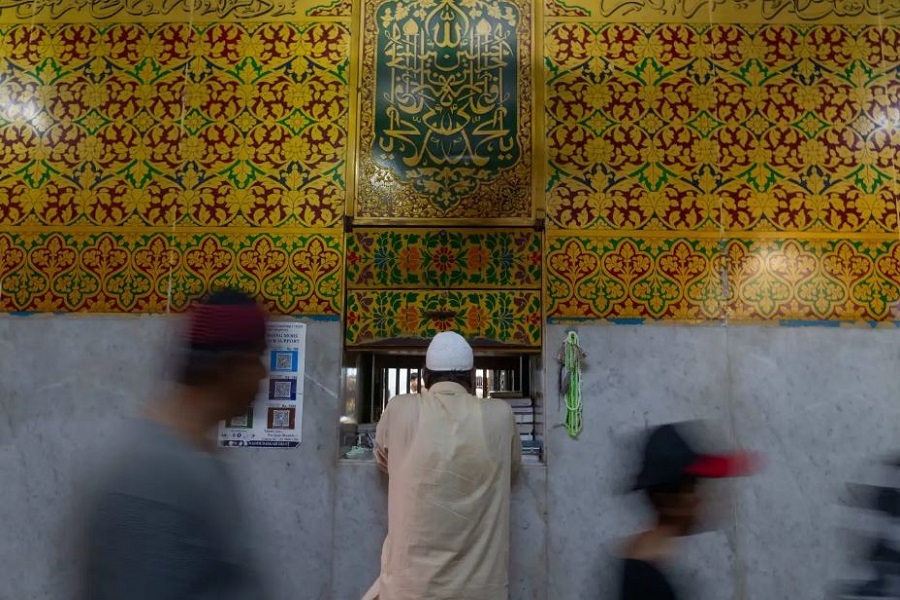Outrage Mounts as Indian Parliament Passes Controversial Waqf Bill

The bill, introduced by Prime Minister Narendra Modi’s government, seeks to add non-Muslims to waqf boards and expand government oversight of waqf land ownership.
While the ruling Bharatiya Janata Party (BJP) claims the changes aim to curb corruption and enhance transparency, critics argue that the amendments threaten the autonomy of Muslim religious institutions and could be used to challenge historical mosques and other waqf properties.
During heated deliberations in the Lower House, opposition lawmakers, led by the Congress Party, denounced the bill as unconstitutional and discriminatory.
Despite BJP’s lack of a majority, its allies ensured the legislation’s passage with 288 votes in favor and 232 against, Associated Press reported. The bill now moves to the Upper House for approval before reaching President Droupadi Murmu for final assent.
Read More:
Rahul Gandhi, a key opposition leader, condemned the bill as a direct attack on the Constitution, accusing the BJP of using it as “a weapon to marginalize Muslims and usurp their property rights.” He warned that while Muslims are the current target, other religious communities could face similar policies in the future.
The most controversial aspect of the legislation involves new property validation rules. Many historical mosques, shrines, and graveyards in India lack formal documentation, as waqf endowments were often made centuries ago without legal records. Critics argue that requiring waqf boards to seek district-level approval to confirm land ownership could open the door for state-backed seizures and legal challenges.
Concerns are particularly high given recent efforts by radical Hindu groups to claim historical mosques, arguing they were built over Hindu temples. Several such disputes are pending in Indian courts, raising fears that the new law could accelerate attempts to reclassify or seize Muslim religious sites.
While acknowledging issues of corruption and mismanagement in waqf administration, many Muslims fear that the bill serves a larger Hindu nationalist agenda, granting Modi’s government unprecedented control over Muslim properties.
Read More:
These concerns are heightened by rising religious tensions, with international watchdogs—including the U.S. Commission on International Religious Freedom—reporting an escalation of hate speech and discrimination against minorities in India.
Muslims, who make up 14% of India’s 1.4 billion population, are the country’s largest minority but also one of its most economically disadvantaged groups, according to government reports.
Source: Agencies



